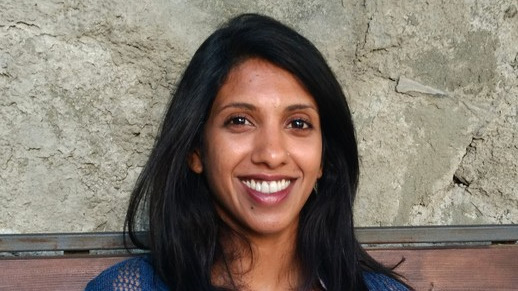Colloquium - Athulya Aravind / Asymmetries in presupposition projection: Processing and acquisition

Colloquium - Athulya Aravind / Asymmetries in presupposition projection: Processing and acquisition
April 8, Athulya Aravind visits from MIT to share her work on language acquisition, psycholinguistics and semantics, specifically on presupposition and what we might learn about it from acquisition and online comprehension. The abstract for her talk, which represents joint work with MIT PhD student Sherry Yong Chen, is below.
Asymmetries in presupposition projection: processing and acquisition
Presuppositions triggered in the right arguments of binary connectives such as if and or are sometimes inherited wholesale by the sentence, as illustrated in (1). Sometimes, however, the sentence as a whole presupposes something weaker, e.g. (2).
(1) If Sam is traveling to London, she will bring her guitar on the trip.
[Presupposes: Sam has a guitar; presupposition inherited wholesale]
(2) If Sam is a musician, she will bring her guitar to the party.
[Presupposes: If Sam is a musician, she has a guitar; weaker presupposition]
There is disagreement about which of these cases is the "genuine" indicator of how presuppositions project from these environments, leading, in turn, to disagreements about the right theory of presupposition projection generally. The challenge is an empirical one: judgments about these presuppositional sentences are murky and easily influenced by extra-grammatical factors. In this talk, I present evidence from language acquisition and online processing aiming to clarify the empirical landscape. This evidence favors theories that predict that presuppositions triggered in the second clause of connectives project conditionally, as in (2).

